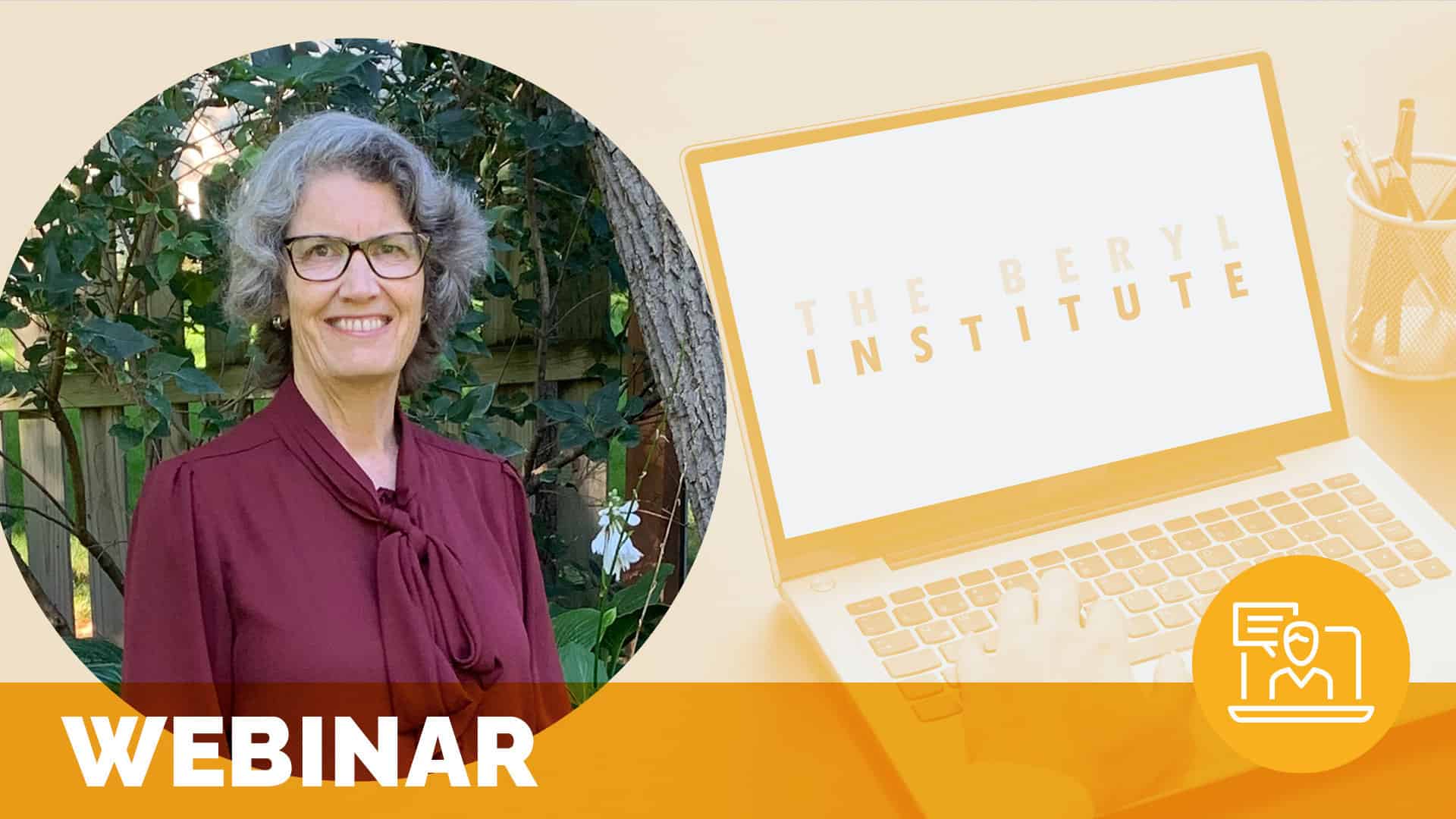Best Practices for Improving Outcomes for Patients with Dementia

Susan Bold Schumacher, MS, APRN-BC, GCNS, Clinical Nurse Specialist in Gerontology, Methodist Hospital- Park Nicollet
Over 5.8 million persons 65 years and older with Alzheimer’s disease or related dementias live in the United States. Approximately 25% of our hospitalized patients have underlying dementia and are at particular risk for an adverse event such as a fall, pressure injury, or consequences of hospitalization such as functional decline or immobility. Join this webinar to discover innovative models of care in the acute care setting that incorporate best practices to mitigate the risk for adverse events. Acute Care of the Elderly Units, Hospital-Elder Life Program, Nursing Improving Care of Hospitalized Elders, and Hospital Home are examples of care models and supportive systems to be discussed. The partnership between patients and their families/significant others with trained healthcare team members in a supportive environment are key for improving outcomes for patients with dementia in the acute care setting.
Related content
-
 Patient Family & Community Engagement
Patient Family & Community EngagementPatient Experience (PX) Giants: Pioneers and the Path Forward
This commentary pays tribute to the foundational figures in patient experience (PX) scholarship, acknowledging the “PX Giants” whose contributions have established and expanded the field’s core principles. Building upon the analysis in Foundational PX, which identified highly cited works, this piece honors individual contributors who have contributed to the scholarly foundation of PX. It highlights
Learn more -
 Patient Family & Community Engagement
Patient Family & Community EngagementPX Chat on PFA/PFACS: Sustaining/Growing (June 4, 2025)
12pm ET / 11am CT / 10am MT / 9am PT – Join The Beryl Institute community for an opportunity to connect with your peers on the support and resources needed to address efforts around sustaining and growing PFAs and PFACs in their organizations. Breakout discussion groups allow you to share your challenges, celebrate your
Learn more -
 Patient Family & Community Engagement
Patient Family & Community EngagementVoices From the Journey: Exploring Rehabilitation Experience of Individuals with Disabilities in a South African Province
Background: Globally, 16% of the population is affected by disabilities, with increasing prevalence due to non-communicable diseases and longer lifespans. This group often faces shorter lifespans, poorer health, and greater challenges than non-disabled peers. Rehabilitation services are essential for improving independence, health, and quality of life by facilitating participation in education, work, and social roles. However,
Learn more
